HIGH SCHOOL 3:16
F O R C A T H O L I C S



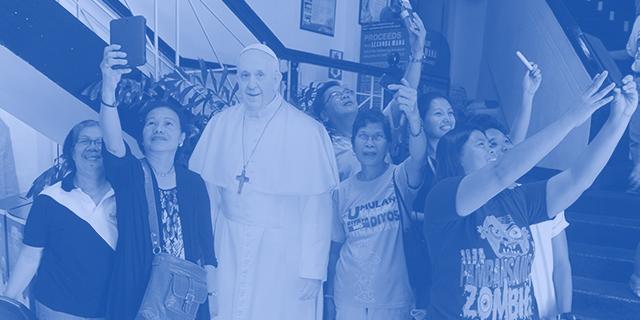
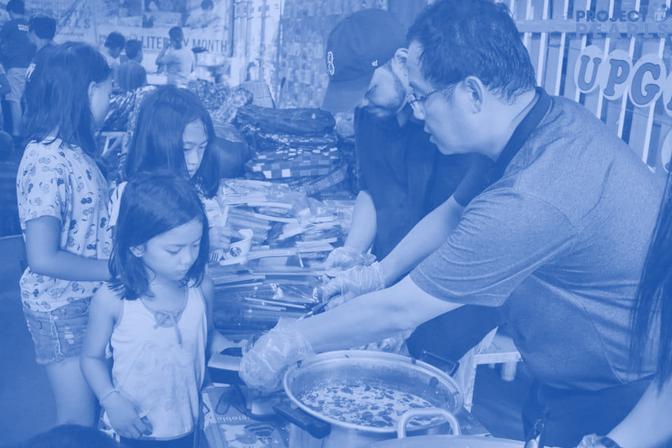
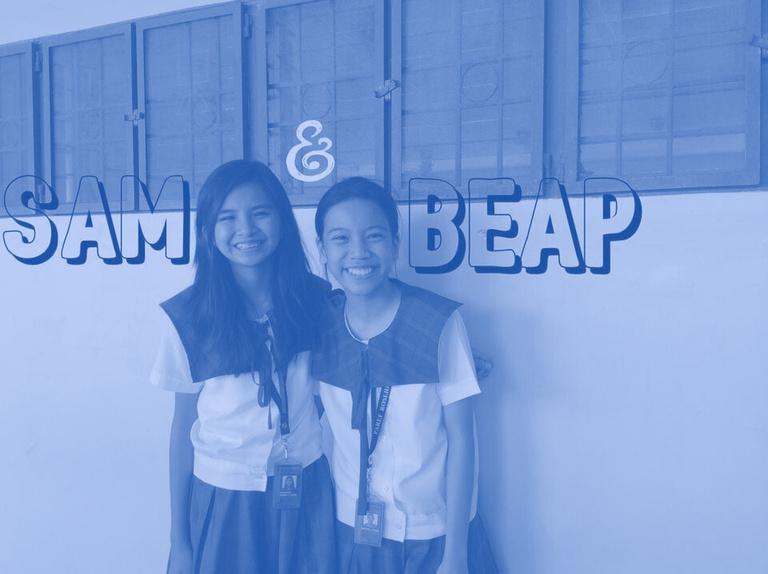
B E A T R I Z D E L E O N P I N E D A
Spending twelve years in an allgirls, Catholic, and ultraconservative school is no easy feat. Feel ko, kung may competition ang mga all-girls chools sa Pilipinas sa kung sino ang pinaka conservative, kami na ang panalo. Of course, this sentiment does not come out of nowhere. Sobrang liit ng population ng school naming (when I graduated, my whole batch was just twenty girls), kaya madaling maging under surveillance anytime, anywhere. Additionally, ang pamamalakad sa school naming ay nakabase sa very dogmatic (and controversial) Opus Dei.

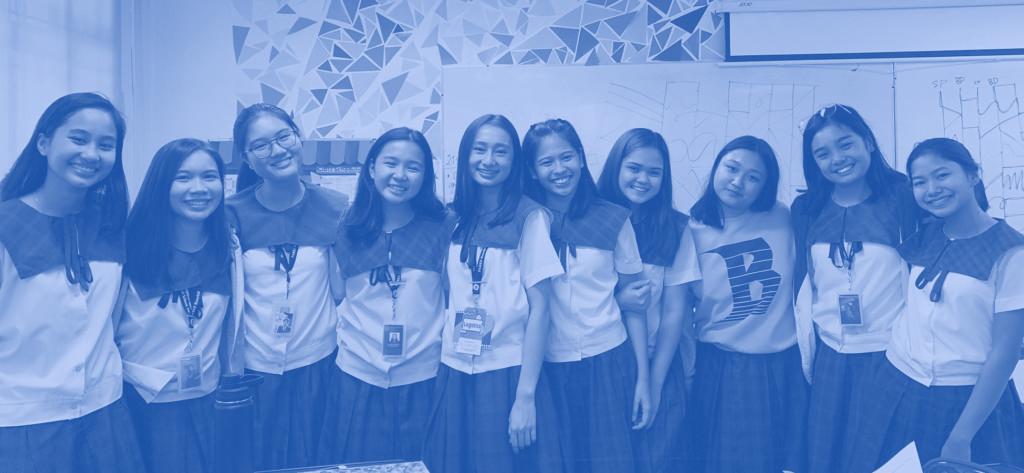
On some parts, however, ay mapapakamot ka na lang talaga ng ulo. From not holding hands during Ama Namin (dapat ang priest lang daw ang gumagawa ng ganitong gesture kasi apparently noong Last Supper, si Jesus lang naman ang nakataas ang kamay), all the way to homophobia, lahat ng ito ay turo ng religion na kinalakihan ko


Bunderprivileged. Tama naman na dapat maging mabait ka sa kapwa mo, pero dito sa school ko, ramdam mo ang pagka-elitista at discriminatory ng takes nila dito.



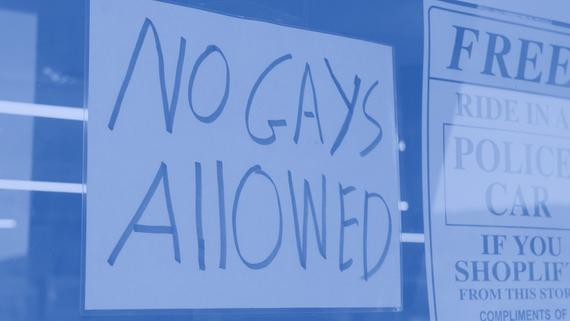
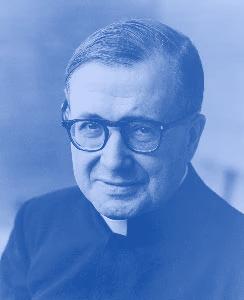
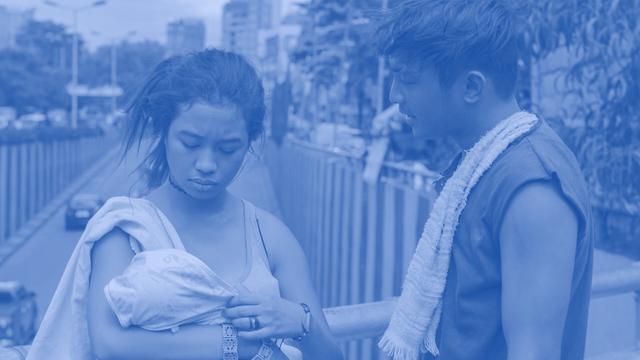
Almost all the people in my school come from a place of privilege. Ako naman, I will not deny na may privilege ako, kasi nga nakapagaral ako sa private school na ito. Pero walang-wala ang privilege ko sa privilege ng mga tao sa paligid ko. Naaalala ko pa one time in class, noong pinag-uusapan ng classmates ko ang best episodes sa iCarly, pero hindi ako maka-relate kasi wala naman kaming cable, and the closest thing I had to a cable show ay iyong mga Tagalogdubbed cartoon shows sa TV5. But that’s beside the point. The point is, their privilege can somehow already distort their views on underprivileged people, and poverty in general.




Kaya naman usong-uso ang mga outreach sa school namin (and in any other Catholic private school).

Outreaches are already questionable to begin with because they are performative: ‘yung mga
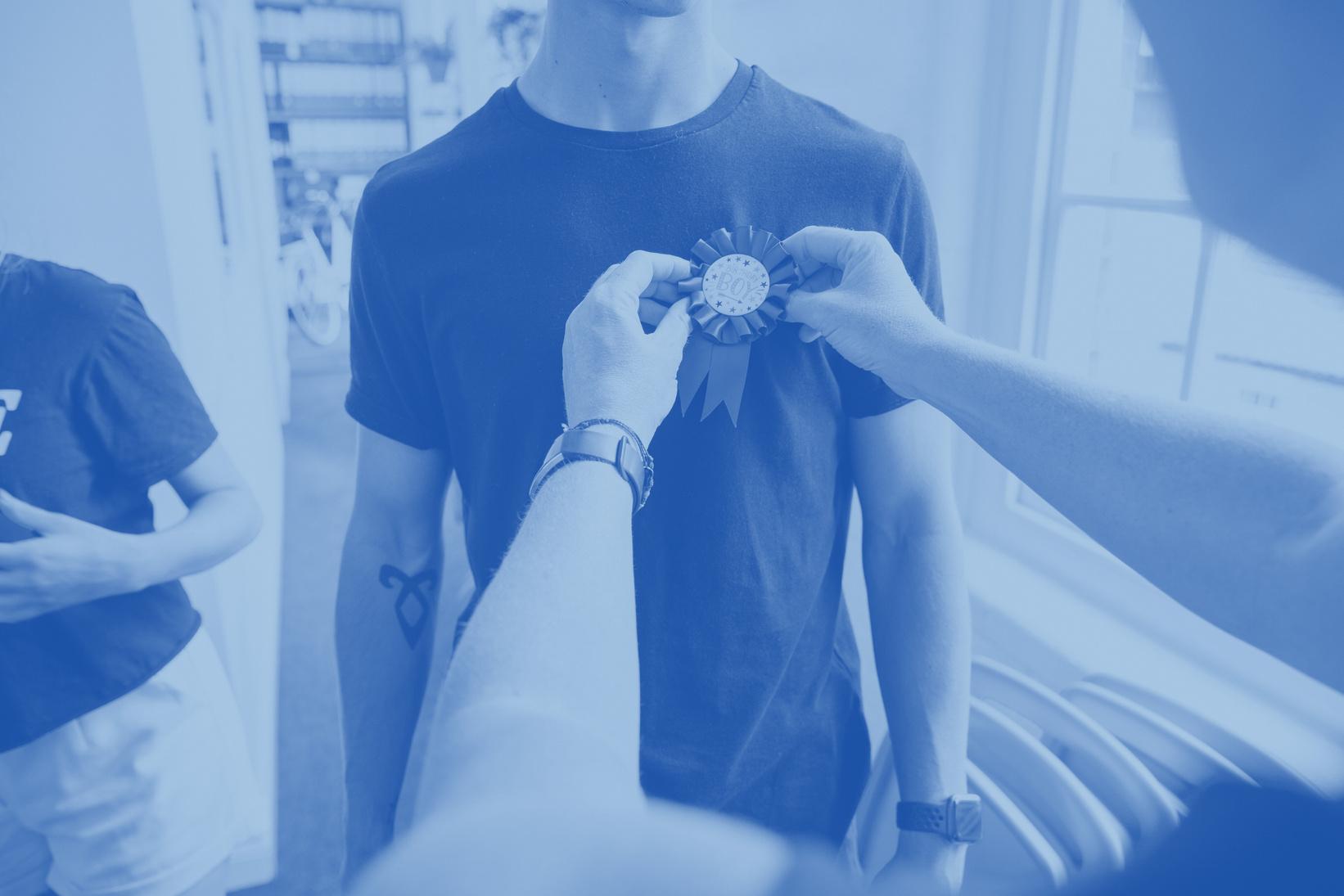
tumutulong ang nasa spotlight imbis sa mga

tinutulungan at wala naman talaga itong maitutulong sa tunay na danas ng mahihirap. They are just a way for privileged people to flaunt their wealth and to feel better about themselves.
Congratulations! Napakain mo ang isang malnourished child! Do you want a badge for that?
However, what’s even more laughable about our outreaches though, is that ang community na gusto namin tulungan ang nag-aadjust para sa amin. Sila pa ang pumupunta sa school namin, imbis na kami ang pupunta sa kanila. My classmates could not even speak with the beneficiaries kasi hindi nila kayang mag-Filipino. Ganun kalala ang mga “outreach” namin dati.
DO YOU WANT A BADGE FOR THAT?
For rich people, poor people exist so they can be i


sa developed countries and their concept of kicking away the ladder: pinapalabas nila ang “good” things tulad ng libreng pagkain, libreng bigas, at samu’t-saring donations, subalit may gatekeeping na nagaganap sa maginhawang buhay na nararanasan nila. Tila ba walang karapatan ang mga underprivileged communities ito na maranasan din ito. You can’t sit with us ang peg.
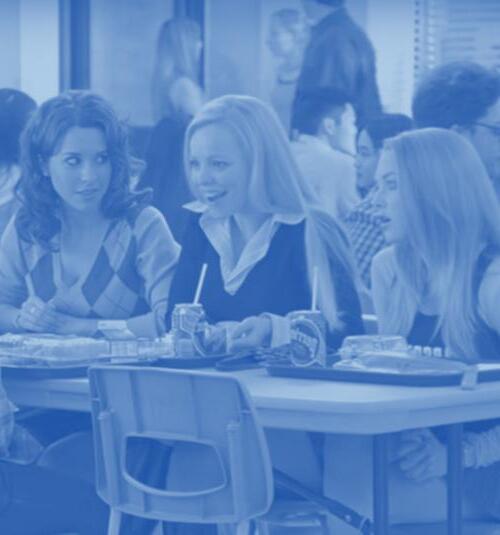
i i i i i i
Hindi rin pinapaalam sa kanila ang idea of social justice, hindi nabibigyan ng pagkakataon na ito na iusisa kung tunay na good ba talaga ang lahat ng ito, kung tunay na nareresolba ng giveaways ang danas at pasan nila sa buhay.
However, hindi lang basta-basta marginalized and underprivileged people ang tinutulungan nila. May standards ‘yan, of course. Tutulungan ka nila, as long as hindi ka bading, single parent, o teenage mom. This shameless selectiveness is rooted from their religious beliefs. Kumbaga, helping is good, but helping gays is bad because being gay is punishable by the Bible. (For additional context sa kung gaano kalala ang discrimination sa school namin, before hindi pinapayagan ang mga anak ng unmarried couples o single parents na mag-enroll sa school namin. I’m not sure if this rule exists until now, but the very fact that this rule even existed is worth condemning).
These people feel so high and mighty in determining who and how to help kasi privileged sila. Ang moral ascendancy nila ay rooted sa pagiging Catholic at pagiging mayaman nila.
It was a challenge to grow out of these beliefs, especially having spent more than half of my life sa ganitong klaseng pamantasan. But honestly speaking, hindi ako masyadong nalulong dito dahil in the first place ay nakaramdam na ako ng disconnect from this environment. As mentioned earlier, hindi naman on the same level ang privilege ko sa privilege nila. With the position I am in, nainvolve ako sa mga outreach, pero hindi ako tulad nila na ang pakay lang doon ay magbigay ng donations. I actually took the time to speak with these people and to try to understand kung ano nga ba ang pinagdadaanan nila. Hindi ko sila tinuring na inspiration, kundi aktuwal na tao na may sariling kapasidad at danas.

Looking back, I realize how my position was as if I had one foot inside my school, and one foot outside in the real world. I was very much conscious of the realities of underprivileged people, and over time the hypocrisy of these outreaches I have been joining and all the other things the school was teaching me as well. But at the same time, I could not really say much about it because I was still under the jurisdiction of my school, and on top of my perfectionist personality and my roles in student council, I had to present my best self. However, as they all say, the more you contain it, the more it explodes. Kaya nakatanggap na ako ng “puna” sa mga high school teachers ko na nagiging “rebellious” daw ako, o nagiging “aloof sa religion.”

Dahil sa mga ganitong klaseng experiences ko with religion (c/o my school), tama nga ang sinabi ng teacher ko na naging aloof ako rito. But for me, I was just redefining my meaning of religion and what faith. The old Beap would be so strict on following religious rules and practices. She was admittedly homophobic for some time too (pagpupuna rito). But the new Beap realizes that Catholicism and faith are built on her relationship with God. They should not be confined by what the Catholic Church (the capital C) and even more so what a small school tells her to do. She realizes that God would help anyone, regardless if they are gay or straight, or a single parent or not.

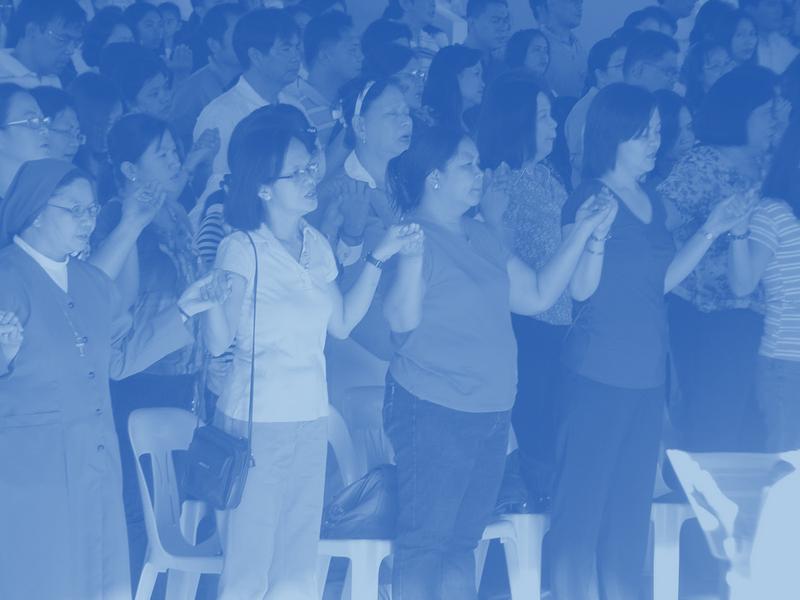

I may not pray as often as before, nor go to Mass regularly every Sunday. I do not even go to confession anymore (as compared to old Beap who would confess at least once a month kasi ayun daw ang ideal. And apparently the only way to be forgiven is to spill your sins and be judged by the priest like… Sorry na nga, Father! Akon a ‘yung mali! I thought we were all sinners here?!), but contrary to popular belief, hindi naman ako tuluyang tumiwalag sa pagiging Catholic. I may have strayed away from my Catholic roots, but not from my beliefs. I still believe in God, I pray when I can, strive to go to Sunday mass more regularly, but above all, I do my best to be a good person. Sa totoo lang, minsan nararamdaman ko pa rin ang Catholic guilt, kasi feeling ko ang dami kong nilalabag. Every day is a struggle to be truly free from these oppressive traditions and ideals na kinontrol hindi lang ang galaw at pag-iisip ko, kundi pati kung sino ako (as someone who discovered she was queer in high school, but struggled, and still struggles, with fully embracing it). But I believe that it is the struggle that brings me closer to God and defines my relationship with Him.



























